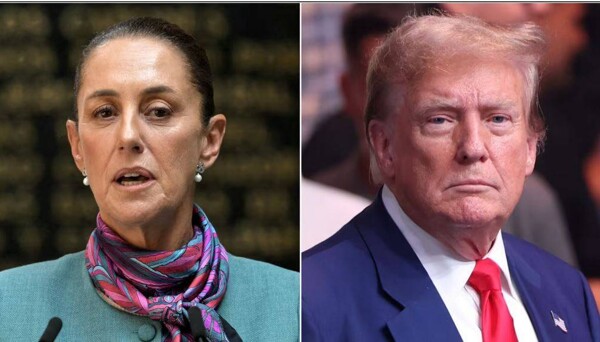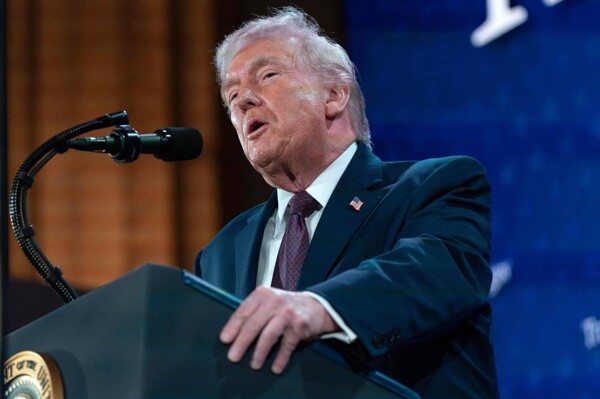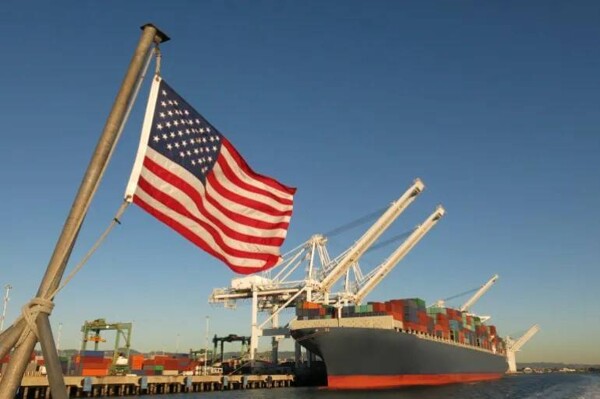
The United States has completed a week since it announced a partial truce on tariffs imposed on its trading partners, excluding China. The Trump Administration is ramping up contacts with the aim of concluding negotiations next month. In recent days, the White House has communicated that trade agreements with several countries are progressing, evidenced by the visit of Italian Prime Minister Giorgia Meloni and ongoing talks between Washington and Beijing.
Regarding the tariffs, President Trump has expressed concern, even calling for the dismissal of Federal Reserve Chairman Jerome Powell after the latter warned about the potential negative consequences of tariffs on the economy. Powell warned that they could lead to an increase in inflation and decrease economic growth.
White House Economic Council Director Kevin Hassett informed reporters that the Government is working on more than 15 trade agreements, although he did not provide details about the countries involved. Trump stated that they are in talks with Chinese representatives to reach an agreement in the coming weeks, but did not reveal names or whether he has talked with Xi Jinping.
The imposition of tariffs on vessels built and operated by China that arrive at U.S. ports was a measure recently taken by Trump. This decision has been criticized by China, which considers it erroneous and has promised to take necessary measures in response. Washington justified the tariffs due to the alleged "Chinese dominance" and a harmful strategy aimed at specific sectors of the U.S. economy.
Tariffs will apply per trip, and ship owners can request an exemption if they prove they have made a shipbuilding order in the United States. China has protested against these tariffs, arguing that they negatively affect global maritime transport, the supply chain, and the economy overall. The Chinese Foreign Ministry spokesperson has indicated that they increase inflationary pressure in the United States and disrupt stability.














